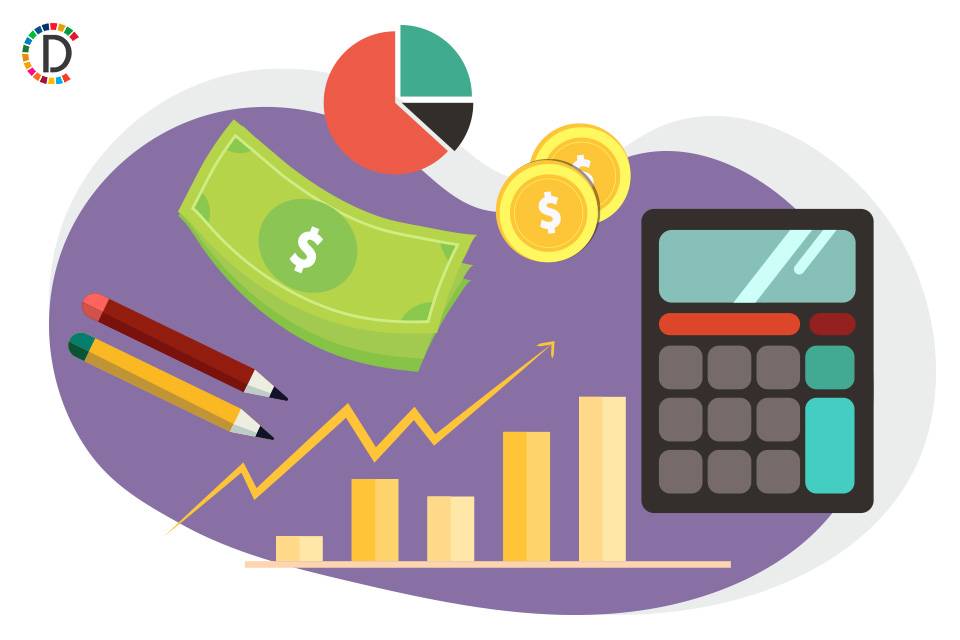German yields steady as expected ECB easing offsets US stimulus
"Yesterday's price action is a reminder of how a U.S. Treasuries sell-off could tighten financing conditions for Europe," Citi said in a note to clients. "PEPP is likely to respond to cap euro yields, but it is worth remembering that ECB Quantitative Easing normally breaks over year-end, perhaps opening up a small window of vulnerability," they added, referring to the central bank's Pandemic Emergency Purchase Programme.

German government bond yields held steady on Wednesday, as expectations of fresh easing measures by the ECB offset a boost in risk sentiment triggered by hopes of a quick approval of a coronavirus stimulus plan in the United States. Top Senate Republican Mitch McConnell said on Tuesday the U.S. Congress should include a fresh wave of stimulus in a must-pass $1.4 trillion spending bill aimed at heading off a government shutdown.
U.S. Treasury yields surged on Tuesday, propelled by the new push in Congress to send federal aid to businesses and state and local governments hit by the pandemic. "Yesterday's price action is a reminder of how a U.S. Treasuries sell-off could tighten financing conditions for Europe," Citi said in a note to clients.
"PEPP is likely to respond to cap euro yields, but it is worth remembering that ECB Quantitative Easing normally breaks over year-end, perhaps opening up a small window of vulnerability," they added, referring to the central bank's Pandemic Emergency Purchase Programme. German 10-year government bond yields were flat at -0.527%.
Italian yields fell after rising on Tuesday, with the 10-year BTP yield down 2 basis point at 0.62%. ECB Board member Philip Lane is due to speak as part of the Thomson Reuters Global Investment Summit at 1400 GMT, ahead of a Dec. 10 ECB policy meeting which is expected to increase and extend the PEPP.
Lane's speech will be closely watched as the euro dollar exchange rate is currently around 1.2, which Commerzbank noted was the level at which the ECB's verbal intervention that the exchange rate "does matter" for monetary policy was triggered at the beginning of September. However, "a replay seems unlikely though, as rate cuts, the prime tool in this contingency, are not 'en vogue' at present," it added.
"Bunds seem vulnerable as the euro is unlikely to trigger a Lane intervention similar to September." The spread between U.S. Treasuries and Bund yields narrowed 0.5 basis points to 144.8.
Unicredit said the widening of the U.S.-German spread on Tuesday was triggered by hopes of new U.S. stimulus. "While it is entirely possible that a stimulus will be approved before year-end, we do not expect it to happen until the end of February," the bank said said in a research note.
Although Unicredit expects a correction of the U.S.-German spread widening in the near term, it eventually sees it hitting 160 basis points. It said U.S. GDP would return to pre-COVID 19 levels faster than euro zone GDP, while the Fed's quantitative easing would likely be less supportive of U.S. Treasuries than the ECB's QE would be for Bunds.
(This story has not been edited by Devdiscourse staff and is auto-generated from a syndicated feed.)
- READ MORE ON:
- Italian
- Mitch McConnell
- Republican
- Citi
- German
ALSO READ
UPDATE 1-Five missing after blast at Italian hydroelectric plant
Italian media report workers injured and missing in explosion at hydroelectric plant near Bologna
Five missing after blast at Italian hydroelectric plant
Five missing after blast at Italian hydroelectric plant
At least three killed in blast at Italian hydroelectric plant










